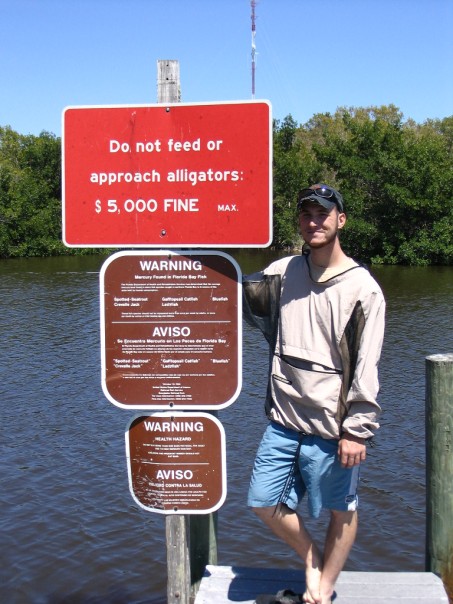
Pollution Concerns Arise In Drinking-Water Source
By David A. Fahrenthold
Washington Post Staff Writer
Wednesday, September 6, 2006; Page A01
Abnormally developed fish, possessing both male and female characteristics, have been discovered in the Potomac River in the District and in tributaries across the region, federal scientists say -- raising alarms that the river is tainted by pollution that drives hormone systems haywire.
The fish, smallmouth and largemouth bass, are naturally males but for some reason are developing immature eggs inside their sex organs. Their discovery at such widely spread sites, including one just upstream from the Woodrow Wilson Bridge, seems to show that the Potomac's problem with "intersex" fish extends far beyond the West Virginia stream where they were first found in 2003.
The cause of the abnormalities is unknown, but scientists suspect a class of waterborne contaminants that can confuse animals' growth and reproductive systems. These pollutants are poorly understood, however, leaving many observers with questions about what the problems in fish mean for the Potomac and the millions of people who take their tap water from it.
"I don't know, and I don't think anybody knows, the answer to that question right now: Is the effect in the fish transferable to humans?" said Thomas Jacobus, general manager of the Washington Aqueduct, which processes Potomac water to provide drinking water for residents of the District, Arlington County and Falls Church.
Jacobus, like others at area utilities, said there was no evidence that tap water taken from the Potomac was unsafe to drink. They said humans should be far less susceptible to the river's pollution than fish, because people are not exposed constantly to the water, our hormone systems work differently, and our larger bodies should require higher doses of any pollutant to cause problems. As research on the fish continues, other scientists across the region are trying to determine whether Potomac water or mud can affect human cells. This research, including tests at West Virginia University that examine whether cells react as if estrogen or estrogen mimics are present, has not reached any solid conclusions.
The first intersex fish in this area were found three years ago in the South Branch of the Potomac, a tributary more than 200 miles upstream from Washington. In 2004, more abnormal bass were discovered in a section of the upper Potomac near Sharpsburg, Md.
Read the rest here.




No comments:
Post a Comment